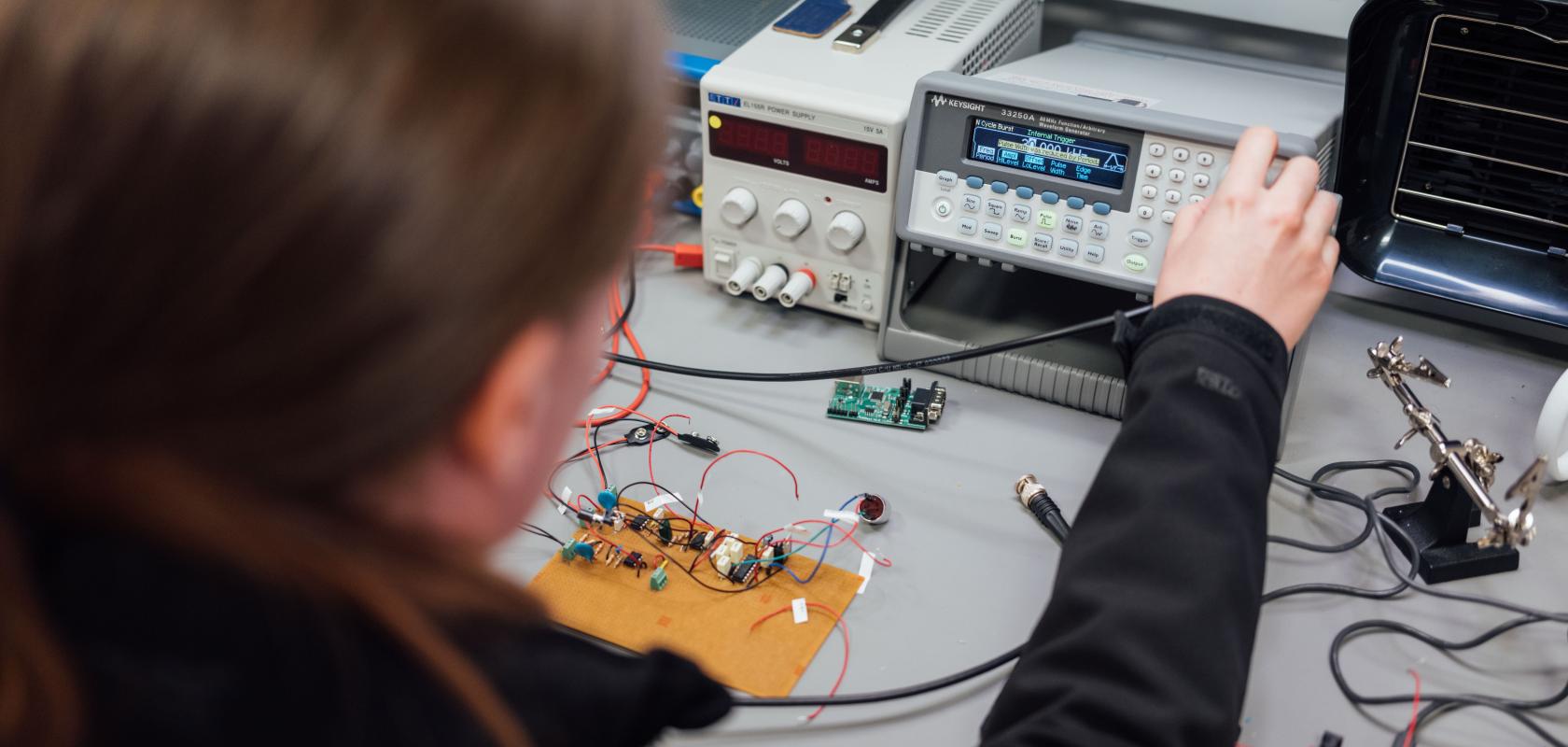The Centre for Connected & Autonomous Automotive Research (CCAAR) has asserted that fresh thinking from new industry entrants and innovative academics will play a key role in realising future mobility. As the automotive industry continues to face significant challenges, establishing a new offering which utilises novel technologies in electrification, automation and connectivity is critical to realise smarter, greener, connected vehicles.
In response, the UK government and major businesses continue to plough extensive investment and resources into major projects in a bid to drive technological progress required for the future mobility such as autonomous vehicles.
Siraj Ahmed Shaikh, Professor for Security Systems at CCAAR, comments: ‘The UK is home to some of the most accomplished automotive expertise in the world, both in the fields of industry and academia, who continue to spearhead the mobility revolution.
‘However, it’s equally interesting to see the fundamental role that the next generation will play in this transition. By taking advantage of the unparalleled access to the network of researchers and industry experts involved in CCAAR, for example, many of our students working on PhDs in the field of automotive cybersecurity have come up with truly ground-breaking concepts which have not only been well received by the industry but will go a long way in forming the basis of future practice,’ added Shaikh.
The CCAAR is an automotive research centre dedicated to developing intelligent, connected vehicle technology. CCAAR is a collaboration between HORIBA MIRA and Coventry University. It brings together experimentation and study to provide the underpinning knowledge and research that supports the rapid growth within the global intelligent mobility sector to address future transport needs such as Connected Autonomous Vehicles (CAV).
CCAAR has already proposed the development of a systematic tool for testing in-cabin Bluetooth security and the application of Fuzz testing, a quality assurance technique used to discover coding errors and security loopholes in software. It also includes the creation of a systematic security testing approach of Electrical Control Units (ECU) based on the success of an example case used in Over-The-Air software updates.
Siraj adds: ‘As we all know, there are many technological challenges that must be overcome before connected autonomous vehicles (CAVs) can be fully deployed on UK roads; from tackling the fundamental challenge of getting self-driving vehicles to effectively behave like a human, through to ensuring all according cybersecurity needs are met. As demonstrated with our ongoing work at CCAAR, the next generation, who are at the heart of this digital age, will be a major driving force in accomplishing this. Inherently accustomed to thinking through new technologies, their unique abilities to generate disruptive concepts and unique innovation will be crucial to realising the mobility revolution.’


